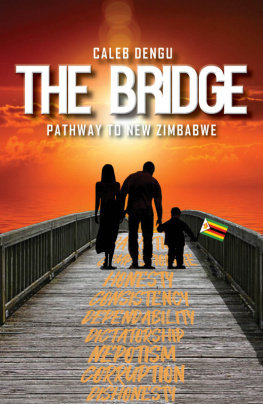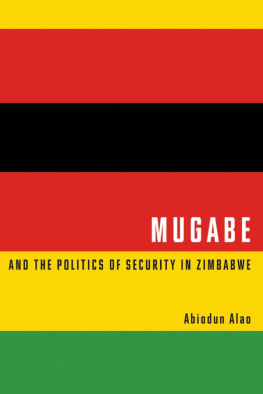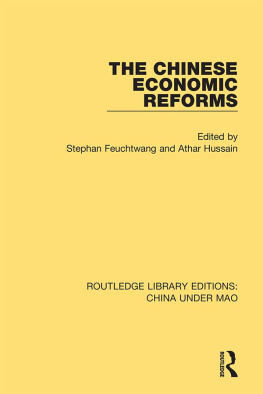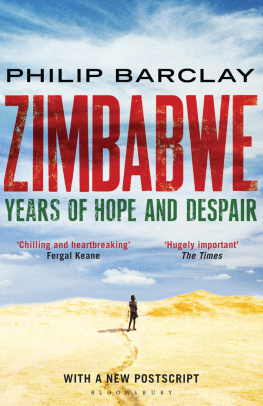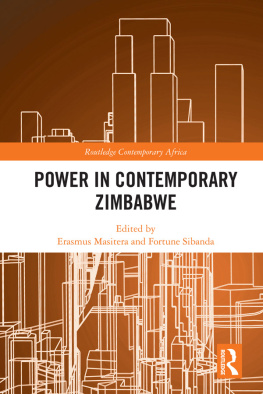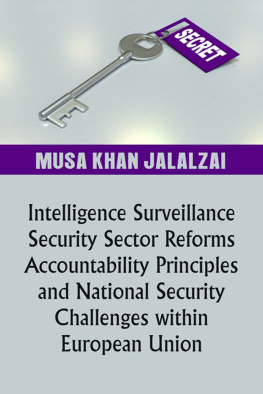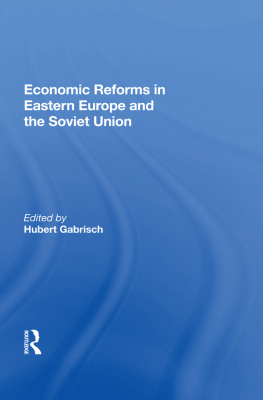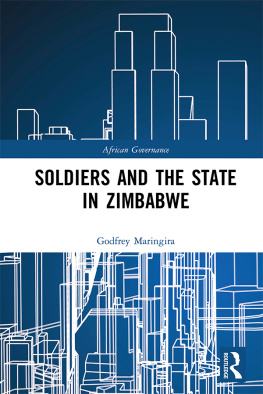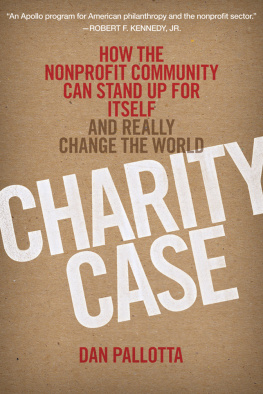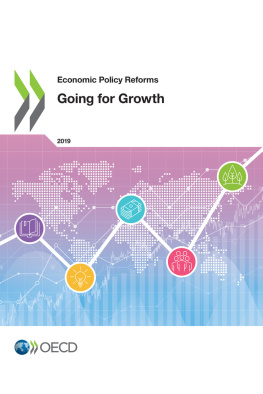TheBridge
Caleb Dengu
Copyright 2020 Caleb Dengu
Published by Caleb Dengu Publishing at Smashwords
First edition 2020
All rights reserved. No part ofthis book may be reproduced or tran smitted in any form or by any means,electronic or mechanical, including photocopying, recording or anyinformation storage or retrieval system without permission from thecopyright holder.
The Author has made every effortto trace and acknowledge sources/ resources/individuals. In the event thatany images/information have been incorrectly attributed orcredited, the Author will be pleased to rectify these omissions atthe earliest opportunity.
Published by Caleb Dengu using ReachPublishers services,
Ed ited by Colleen Figg for ReachPublishers
Cover designed by Reach Publishers
P O Box 1384, Wandsbeck, SouthAfric a,3631
Website: www.reachpublishers.org
E-mail: reach@reachpublish.co.za
Author s Email:
The Pathway to a New Zimbabwe
Whatever went wrong?
As Zimbabwe is our future
lets fix it !
Zimbabwe at forty years after independenceis still trapped in state of paralysis.
How to draw fromt hehuman spirit and to never give up on Zimbabwe.
Building strong institutions to overcomepolarisation in Zimbabwe.
About the Author
Caleb Dengu
Caleb Denguwas born in 1959 in Hwedza District, in the Mashonaland EastProvince of Zimbabwe. His inspirational parents, Ethridge MaguruDengu and Annie Pamhidzayi Dengu, had bought a 100-hectare farm in1953 in Zviyambe, in the African Purchase Areas in which thecountrys blacks could purchase agricultural land. It was here thatCaleb was born and enjoyed his early life alongside ninesiblings.
Caleb started his formal education at a local primary school,St. Pius Makarara, before proceeding to a Catholic boarding school,Mt. St. Marys Mission, Hwedza, for the last two years of primaryschool. He then went to an Anglican boarding school, St. FaithsSecondary School in Rusape. However, he was to leave school at theage of 16, on the 7 th April 1975, to go and join the Zimbabweliberation struggle in Mozambique, together with six friends. Inthe period up to 1979 he had a few skirmishes with the Rhodesianauthorities. Following independence in 1980, Caleb joined thegovernment as an Officer in the Ministry of Finance and later movedto the Office of the President and Cabinet and, subsequently, theCentral Mechanical Equipment Department as ChiefAccountant.
From 1981 to1985, Caleb trained as a Chartered Secretary with the BritishInstitute of Chartered Secretaries and Administrators (ICSA),qualifying as an Associate of the Institute in 1986, and then as aFellow 1988. He went on to obtain an MBA from the University ofZimbabwe in 1993 before proceeding to Scotland to study for theAdvanced Financial Management Programme at Strathclyde GraduateBusiness School, in Glasgow. More recently, in 2017, hesuccessfully completed the Senior Executive Program Africa atHarvard Business School, Boston, Massachusetts, USA.
After somenine years with the Government of Zimbabwe, Caleb moved to theUrban Development Corporation where he became Director of Audit andFinancial Services. He then went international in 1995, firstlyjoining the Nairobi-based TD Bank (formerly PTA Bank), a regionaldevelopment bank, as Senior Finance Officer. In 1997, Caleb joinedthe Common Fund for Commodities, a United Nations Agency based inAmsterdam, the Netherlands, as Senior Project Manager responsiblefor soft commodities globally. Caleb is a well-establisheddevelopment banker who has specialised in structured project andtrade finance solutions and risk management systems. He hasfinanced and managed projects in more than 60 countries. He alsocontributed to a range of publications on soft commodities likecoffee and cocoa studies.
Caleb returnedto Zimbabwe in 2011 to set up CDF Trust and Consulting BV, anInvestment Advisory and Private Equity Platform. The company hasadvised on major mining, infrastructure and energy projects worthmillions of dollars. He is Vice Chairman of RioZim Limited, a majormining company listed on the Zimbabwe Stock Exchange. Anaccomplished deal maker with international development and businessexperience, he sits on several corporate boards.
Caleb ismarried to his lovely wife, Shingai. They have three adult sons,Pondai, Fungai and Runyararo and two lovely daughters-in-law,Chiedza and Sinead as well as two grandchildren, Zuva andOscar.
Acknowledgements
EditorialTeam
Mr. FungayiMhonyera
Mr. TommySithole
Mrs. ShingaiDengu
This book wasinfluenced by
the work doneby
Kouzes &Posner in their book
The Leadership Challenge 4 th Edition
and work doneby
Joseph E.Stiglitz
Winner of the2001 Nobel Prize f
or Economics in his book
People, Powerand Profit 2019
and work doneby
Joseph L.Bower, Herman B. Leonard, Lynn S. Paine
in their 2011book
Capitalism atRisk Rethinking the Role of Business
and work doneby
Martine Durand,Jean-Paul Fitoussi,
and Joseph E. Stiglitz
in the book
Measuring WhatCounts 2019
Dedication
This book isdedicated to my grandchildren, Zuva Caroline Dengu and Oscar GordonDengu, and to all children in Zimbabwe, who, I hope, will benefitfrom a resurgent Zimbabwe. The recommendations in this book will,hopefully, serve as a strong foundation on which a progressive anddemocratic Zimbabwe could be built. I would like my grandchildrento be great citizens and advocates of high moral and ethicalleadership as we desperately need strong institutions and a vibranteconomy. I hope and pray that they will seek public office andassist in forming good values and help redefine what is it to be aproud Zimbabwean.
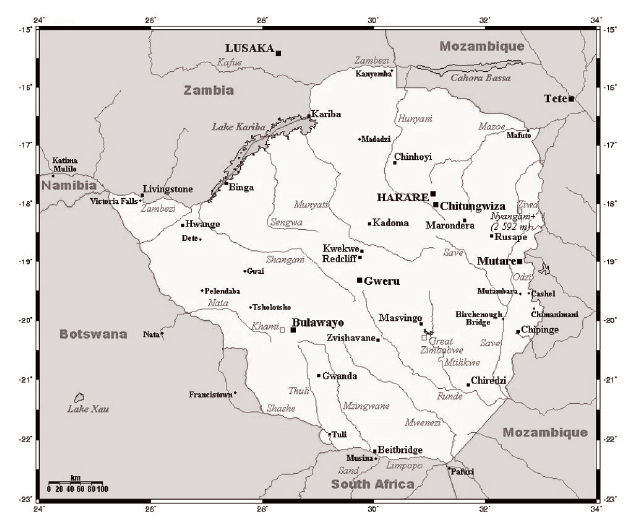
Ta ble of Contents
4. Social, Economic and
Environmenta l Sustainability
Abbreviations andAcronyms
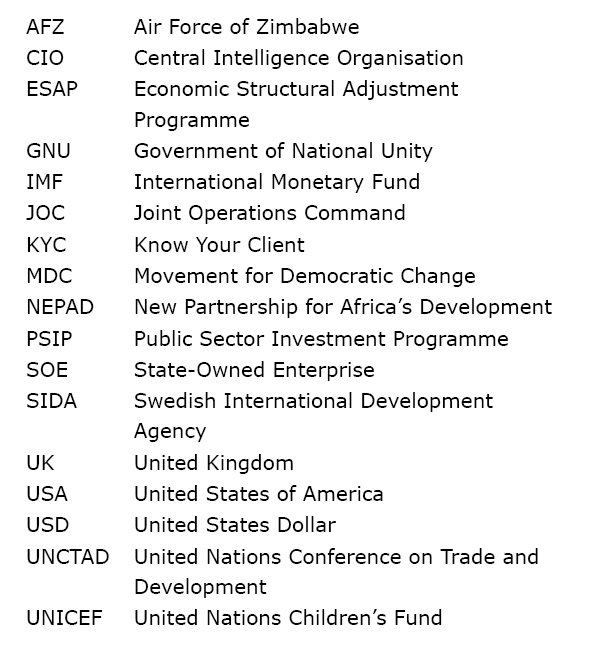
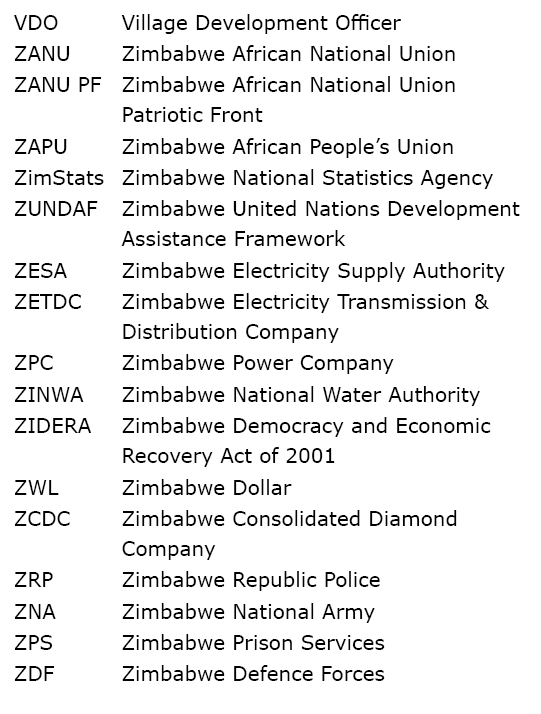
Preface
What wentwrong? Zimbabwe is our future
Lets fix it!
Zimbabwe, meaning The House of Stone, derives its name fromthe iconic stone structures near Masvingo City that served as thecapital city of the 14 th to 19 th -century MunhumutapaEmpire, one of the great civilisations of Africa.
Present-dayZimbabwe is a potentially rich country with abundant naturalresources and an ample base of human capital, thanks especially tothe enormous expansion of access to education after 1980. Atindependence itself in 1980, the country inherited awell-established infrastructure that included a fully functionalrail, road, and air-service network as well as excellent schoolsand hospitals, albeit limited in number. It enjoys verycomfortable, even attractive, weather all year round. It is home tosome of the greatest wildlife in the world, including the Big Five(lion, elephant, black rhino, buffalo and leopard). It hosts thespectacular Victoria Falls, one of the Seven Wonders of the World,also known as Mosi-wa-Tunya, which means The Smoke that Thunders.Also, on the mighty Zambezi River is Lake Kariba, the largestman-made lake in the world, popular with international tourists andfamous, indeed, for tiger fishing and a major source of renewableenergy, supplying most of the electricity consumed in the countryand in Zambia.

